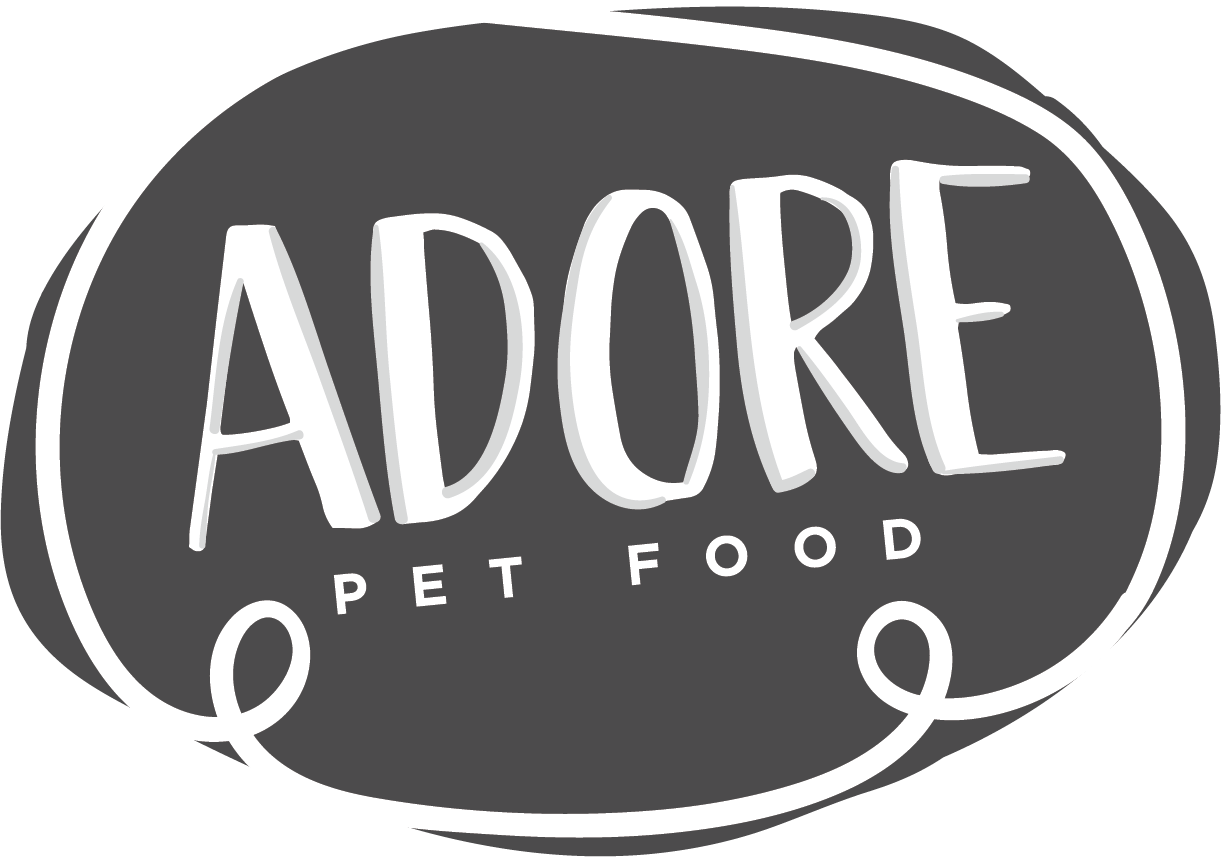Part 3: Why veterinary diets?
Most veterinarians work with just a few different companies (primarily those who provide a veterinary line). This has led to veterinary diets, and the veterinary practices who promote them, often being perceived as a monopoly. Before reaching the conclusion that your veterinary practice sells certain diets because of financial reasons, it might be interesting to ask them why they stock the products they do.
Veterinary practices are in the business of making and keeping your pet healthy! Many practices recognize that nutrition is a huge part of overall health, so they have products on hand both for healthy pets (life-stage diets) and for pets with medical conditions or predispositions where nutrition can play a role in treatment, management, or prevention.
They have chosen the diets on their shelves for a number of reasons:
1) Track record of success. Many of the products on their shelves come from companies that have been helping them care for their patients for 20 or 30+ years. They have seen these diets work reliably to help their patients and have faith in their performance. New companies and new diets can be a vital part of your veterinarian’s practice, providing they, too, are meeting the same rigorous standards.
2) Scientific backing. Just like they would evaluate any other treatment or preventative medicine, they have evaluated these diets. They have read the studies that show how and why these diets work. They have read the research behind how nutrition can impact pets and medical conditions.
3) Connection with the company. They know who is formulating these diets. They know the testing the diets have undergone. They know who they can reach out to when they have questions. This allows them to make the best choice for your pet.


